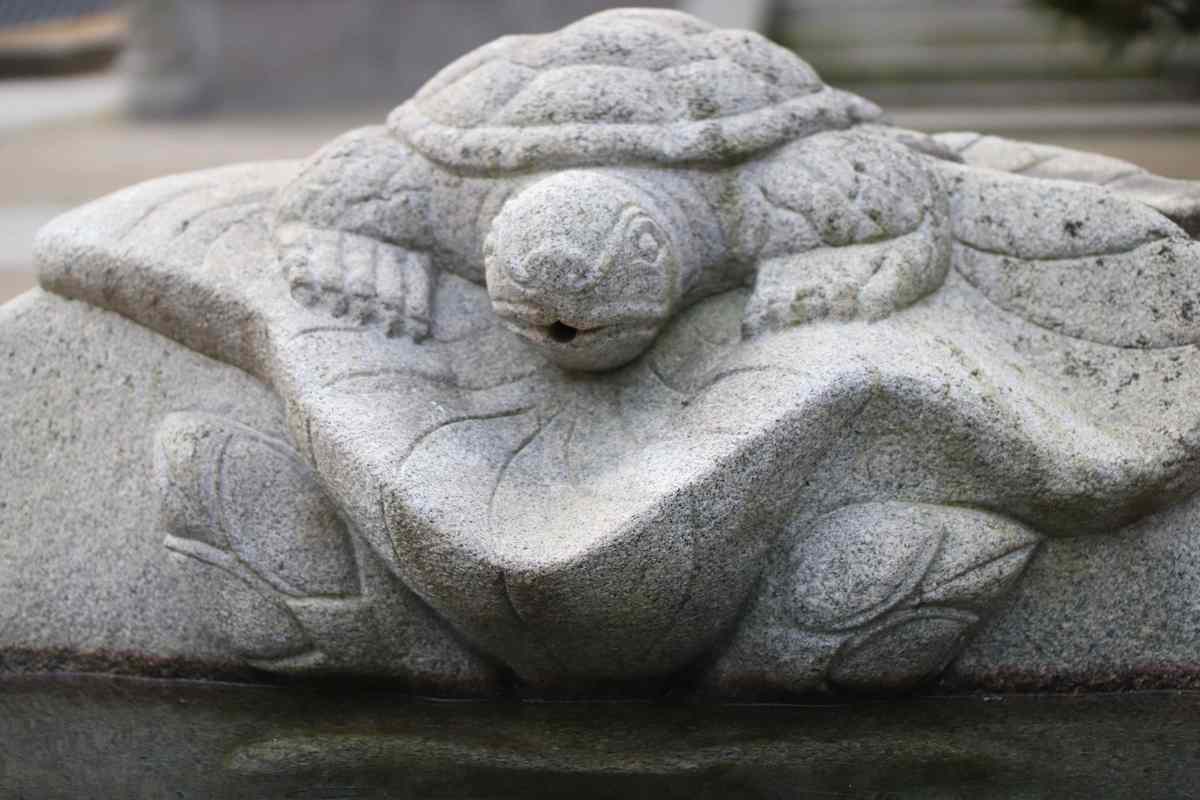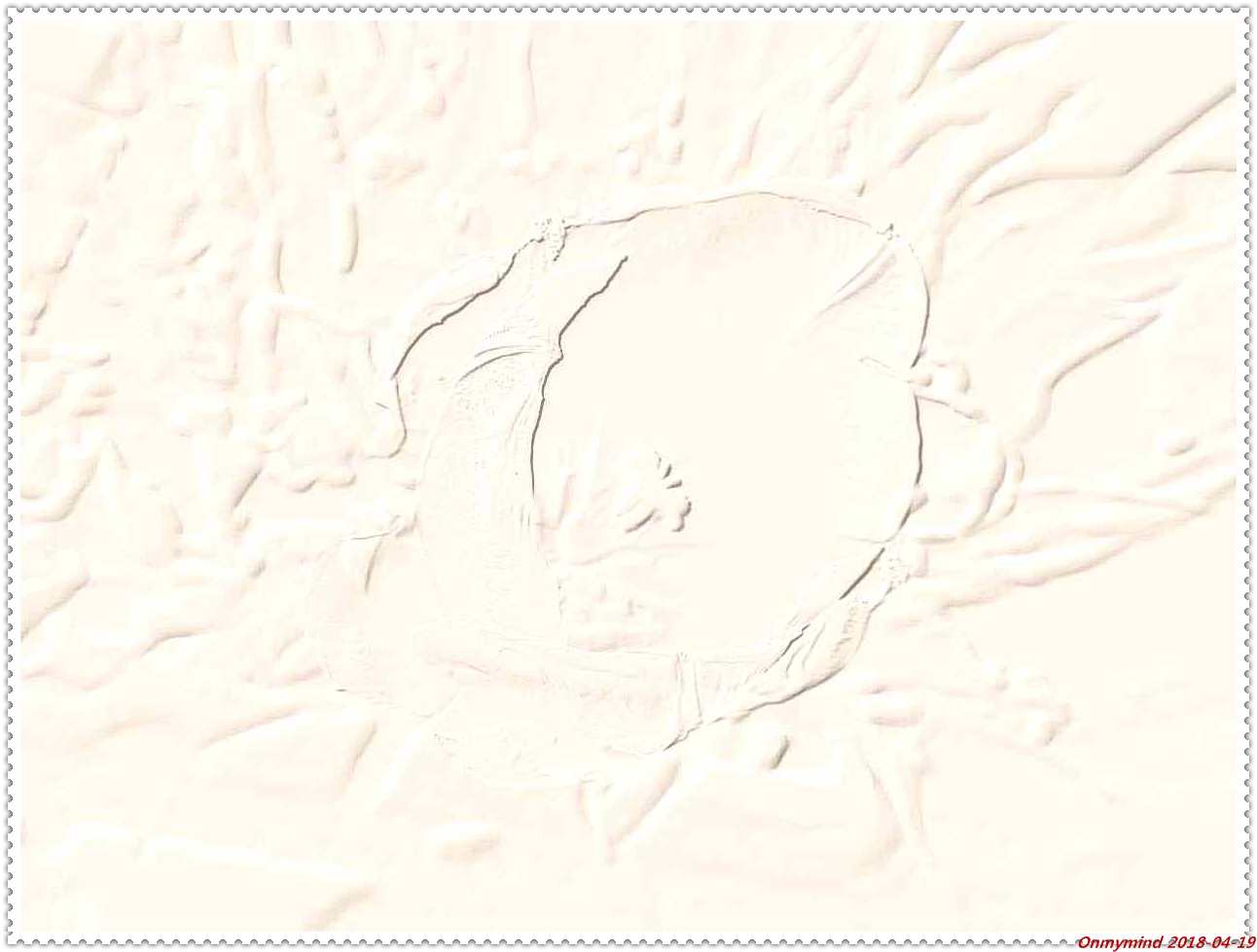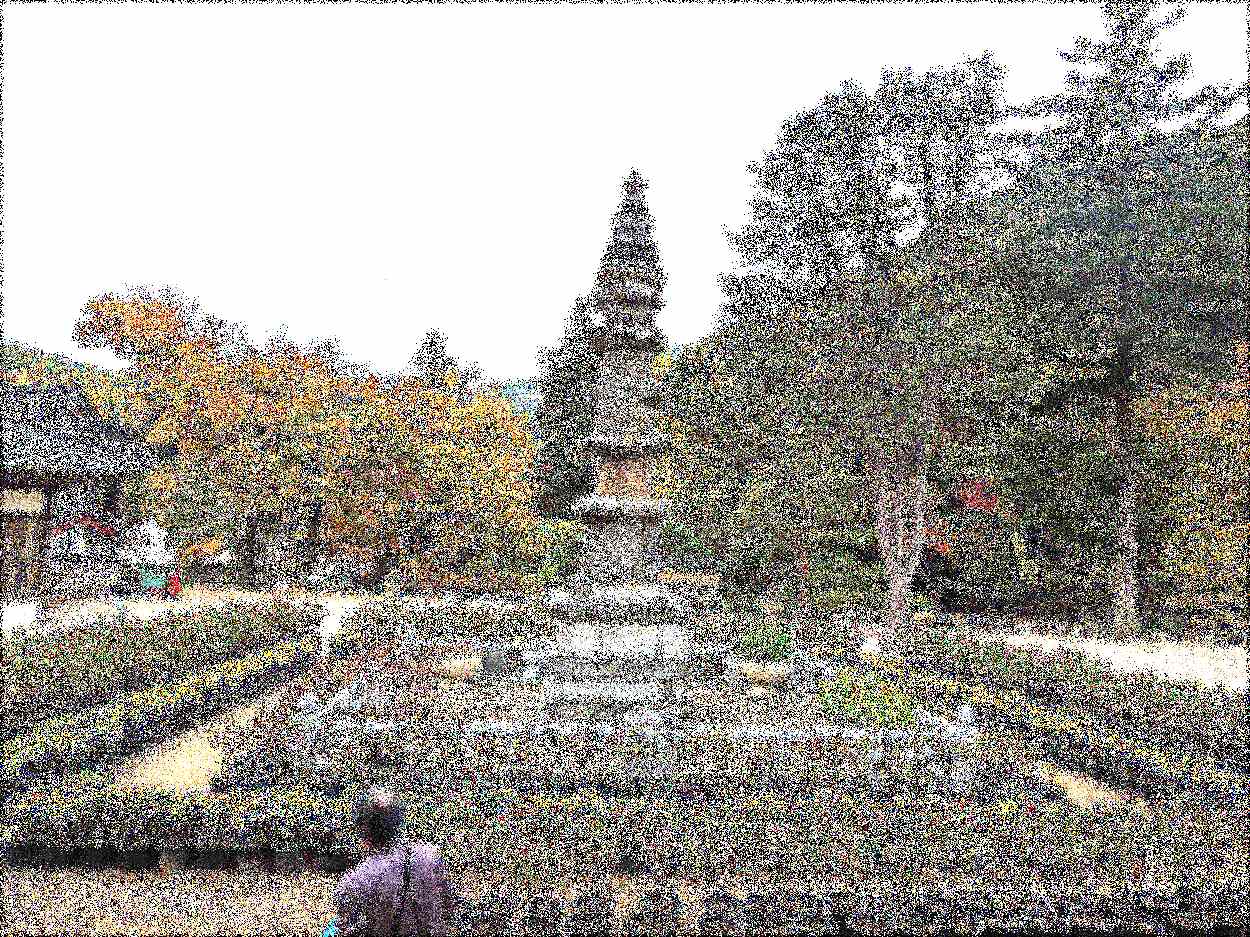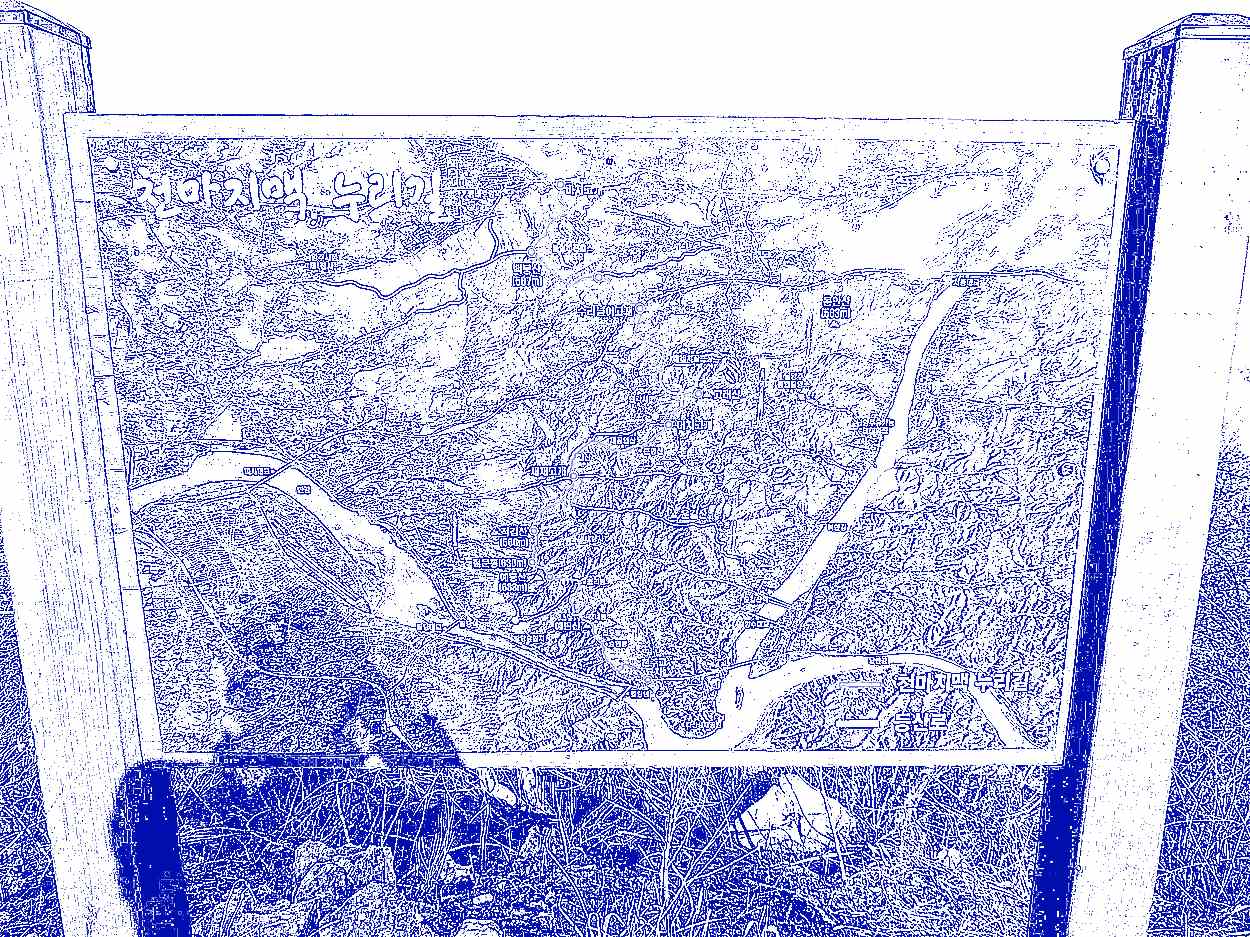『중아함경』
K0648
T0026
중아함경 제11권/전체60권
● 한글대장경 해당부분 열람I
● 한글대장경 해당부분 열람II
○ 통합대장경 사이트 안내
○ 해제[있는경우]
● TTS 음성듣기 안내
※ 이하 부분은 위 대장경 부분에 대해
참조자료를 붙여 자유롭게 연구하는 내용을 적는 공간입니다.
대장경 열람은 위 부분을 참조해주십시오.
● 자료출처 불교학술원 기금 후원안내페이지
『중아함경』
♣0648-011♧
중아함경 제11권/전체60권
♥아래는 현재 작성 및 정리 중인 미완성 상태의 글입니다♥
[페이지 내용 업데이트 관련 안내]
❋본문
◎[개별논의]
○ [pt op tr]
[#M_▶더보기|◀접기|

○ 2019_1106_115821_nik_exc_s12

○ 2019_1105_123045_nik_exc_s12

○ 2019_1106_161237_can_exc

○ 2019_1105_112525_can_fix

○ 2020_1017_160651_can_exc

○ 2019_1104_102459_can_exc

○ 2021_0926_173601_nik_exc_s12서울_삼각산_도선사

○ 2021_1112_151630_can_excsetec_서울국제불교박람회

○ 2021_1006_094201_nik_exc_pc해남_봉화산_대흥사

○ 2021_1004_132509_nik_exc_pc산청_지리산_대원사

○ 2022_0131_163627_nik_exc_s12논산_천호산_개태사

○ 2021_0215_151148_nik_exc안성_칠현산_칠장사

○ 2021_1003_143912_nik_exc밀양_삼량진_금오산_여여정사

○ 2021_1003_172540_can_exc밀양_영축산_영산정사

○ 2021_1113_164600_nik_exc_s12경기도광주_남한산성_청량산_망월사

○ 2021_0215_124131_nik_exc_s12용인_문수산_법륜사

○ 2013_0408_125349-nik_exc_s12서울_개운산_장경연

○ 2013_0408_130931-nik_exc서울_개운산_장경연

○ 2021_1004_102041_can_exc_s12의령_봉황산_일붕사
● [pt op tr] fr
_M#]

○ 2021_0216_133231_can_exc강화도_전등사
❋❋본문 ♥ ◎[개별논의]
★%★
『중아함경』
♣0648-011♧
![]()
◎◎[개별논의] ♥ ❋본문
★1★
◆vect6574
| ◈Lab value 불기2569/01/14 |
|
Author Prof.Chen Hualin
♥단상♥ |
|
문서정보 ori https://buddhism0077.blogspot.com/2025/01/2569-01-14-k0648-011.html#6574 sfed--중아함경_K0648_T0026.txt ☞중아함경 제11권/전체60권 sfd8--불교단상_2569_01.txt ☞◆vect6574 불기2569-01-14 θθ |
■ 선물 퀴즈
방문자선물 안내페이지
다음에 해당하는 단어를
본 페이지
에 댓글로 적어주시면 됩니다.
원문(願文)이라고도 한다. 법회 할 때에 시주의 소원을 적은 표백문(表白文)을 말함. 또 승려가 수행할 때 세운 원을 적은 글.
답 후보
● 발원문(發願文)
방생(傍生)
방편력(方便力)
방편토(方便土)
방할(棒喝)
백의관음(白衣觀音)
백호(白毫)
ॐ मणि पद्मे हूँ
○ [pt op tr]
[#M_▶더보기|◀접기|
■ 음악
Francis Cabrel - Mademoiselle L'aventure
Marie Laforet - Vivre A Deux
Yves Montand - Le Chant De La Liberation (Le Chant Des Partisans)
Jean-Louis Murat - Mademoiselle Mirabeau
Thomas Fersen - Felix
Edith Piaf - Misericorde
Indochine - Popstitute
■ 시사, 퀴즈, 유머
뉴스
퀴즈
퀴즈2
유머
■ 한자 파자 넌센스 퀴즈
014▲ 卂也广兀幺 ■ 신야엄올요 14ㅡ 빨리 날라가니 집들이 우뚝하지만 작게 보인다. ( 빨리 날 신 )( 잇기 야/ 어조사 야, 대야 이/이것 이 )( 집 엄 / 넓을 광, 암자 암 )( 우뚝할 올 )( 작을 요 )
015▲ 乡于已弋廴 ■ 향우이익인 15 ( 시골 향 )( 어조사 우 / 어조사 어 )( 이미 이 )( 주살 익 )( 길게 걸을 인 ) 재춘법한자
【 】 ⇄✙➠
일본어글자-발음
중국어글자-발음
■ 영어단어 넌센스퀴즈- 예문 자신상황에 맞게 바꿔 짧은글짓기
■ 번역퀴즈
번역
번역연습(기계적 번역내용 오류수정 연습)
■ 영-중-일-범-팔-불어 관련-퀴즈
[wiki-bud] Mount Wutai
[san-chn] pārājika-dharma 波羅夷法
[san-eng] jyotiṣa $ 범어 ṭhe study of Illuminated bodies. ṭhe study of Astrology and Astronomy whic were one science in the past
[pali-chn] apadāna 喩, 譬喩, 阿波陀那
[pal-eng] ulloketi $ 팔리어 u + lok + elooks up or for.
[Eng-Ch-Eng] path of accumulation 資糧道
[Muller-jpn-Eng] 一行禪師 イチギョウゼンシ (person) Yixing Chanshi
[Glossary_of_Buddhism-Eng] ONEPOINTEDNESS OF MIND☞
Syn: Single-Mindedness; One-pointed Mind.
See also: Pure Land Budddhism (Summary); Rebirth in the Pure
Land.
Single-mindedness or single-minded concentration. In Pure Land
Buddhism, achievement of one-pointedness of mind (or single-mindedness), is an absolute necessary condition for achieving rebirth in the
Pure Land. (See “Rebirth in the Pure Land.”)
“In this day and age, I have come across many people who do not try
to concentrate at all, but recite the Buddha’s name with a scattered
mind and languid voice. As a consequence, we find very few persons
whose efforts have succeeded during their lifetime, and occurrences of
miraculous response at the time of death are [for the most part] weak.
For this reason I have made a special effort to explain this practice
here. I urge that whenever you perform recollection of the Buddha,
you do so with one pointedness of mind free of confusion, chanting the
Buddha’s name loudly in a steady stream of invocations. Before long
your efforts will bring success (Master Zunshi).”
The concept of one-pointedness of mind is understood in two ways.
For the Patriarchs Chih-i and Ou-i and others of the T’ien-t’ai, Zen
and Avatamsaka traditions, it is equivalent to concentration and
samadhi. For Pure Land Patriarchs such as Tao-ch’o and Shan-tao, on
the other hand, it refers to recitation with utmost faith in Amitabha
Buddha and the Pure Land. The two concepts are in essence the
same (to recite with utmost faith necessarily leads to concentration
and samadhi).
One-pointedness of mind, Complete faith, or utter sincerity: in practice,
these expressions are used interchangeably, as a cultivator cannot have
complete faith without being utterly sincere and single-minded (and
vice versa).
Pure Land Buddhism
In the Meditation Sutra, the Buddha taught that if a person, on the
verge of death, can recite the Buddha’s name ten times single-mindedly, he will be reborn in the Pure Land. The passage raises several
questions pertinent to Pure Land teachings that require clarification:
(a) Single-minded recitation. On the everyday level, this means focussing on Buddha Amitabha and Buddha Amitabha alone, to the
exclusion of all other thoughts while reciting the Buddha’s name. At
a deeper level, the practitioner always focuses on Buddha Amitabha,
be it during reciting sessions or outside of such sessions, when he is
engaged in mundane activities – i.e., at all times.
(b) Single-minded recitation of the Buddha’s name ten times (or from
one to seven days). According to the Amitabha Sutra, to achieve
rebirth in the Pure Land, it is necessary to recite the Buddha’s name
from one to seven days to the level of one-pointedness of mind (i.e.,
single-minded concentration). This, as any practitioner can attest, is
an extremely difficult condition – one which very few cultivators can
ever hope to fulfill. Therefore, in the Meditation Sutra, the Buddha
taught an alternate way: to recite the name of Amitabha Buddha with
one-pointedness of mind ten times at the time of death. Please note,
however, that this is a solution in-extremis, as at the time of death
we are like turtles being skinned alive! The crucial condition is onepointedness of mind, which has been rendered variously as “with all
one’s heart”, “without inversion”, “with one Mind”, “in all sincerity”,
“with utmost faith”, etc. Unless the cultivator fulfills this condition,
his mind will not be on the same wave length as that of Buddha
Amitabha. Thus, he will not be in a position to take advantage of
Amitabha Buddha’s vow and achieve rebirth in the Pure Land.
(c) Scattered Mind Recitation. Although the aim of Buddha Recitation
is one-pointedness of Mind, recitation with a scattered Mind also
leads to accumulation of merits, albeit on a much smaller scale. This
is because everything has its source in the Mind; thus, all recitation
springs, by necessity, from some degree of purity of Mind.
Note: According to the sutras, “Whether a practitioner focusses on
the Buddha constantly throughout his life, or recites assiduously for
three months, or forty-nine days, or one to seven days and nights, or
recites only ten times each morning, as long as the practitioner holds
the Buddha’s name with deep faith and fervent vows, like a dragon
encountering water or a tiger hidden deep in the mountains, he will
be assisted by the Buddha’s power and achieve rebirth in the Pure
Land.” [A dragon outside the ocean or a tiger without the protection
of the forest has but one thought in mind: to return to its environment … Recitation requires the same single-minded intensity.]
The level of sincerity and devotion required for one-pointedness of
mind and rebirth in the Pure land is illustrated by the following story
from the Nirvana Sutra:
“At that time Sessen Doji [a previous incarnation of Buddha
Sakyamuni] had mastered the Brahman and other non-Buddhist
teachings but had not yet heard of Buddhism. The god Indra decided
to test his resolve. He appeared before Sessein Doji in the form of a
hungry demon and recited half a verse from a Buddhist teaching: ‘All
is changeable, nothing is constant. This is the law of Birth and Death.’
Hearing this, Sessen Doji begged the demon to tell him the second
half. The demon agreed but demanded his flesh and blood in payment. Sessen Doji gladly consented and the demon taught him the
latter half of the verse: ‘Extinguishing the cycle of Birth and Death,
one enters the joy of Nirvana.’ Sessen Doji scrawled this teaching on
the rocks and trees for the sake of others who might pass by, and then
jumped from a tall tree into the demon’s mouth. Just at that moment
the Demon changed back into the god Indra and caught him before
he fell. He praised Sessen Doji’s willingness to give his life for the
Dharma and predicted that he would certainly attain Buddhahood.”
[fra-eng] démolissons $ 불어 demolish
[chn_eng_soothil] 事理 Practice and theory; phenomenon and noumenon, activity and principle, or the absolute; phenomena ever change, the underlying principle, being absolute, neither changes nor acts, it is the 眞如 q. v. also v. 理. For 事理法界 (事理無礙法界) v. 四法界.
[vajracchedikā prajñāpāramitā sūtraṁ] ▼●[羅什] 汝今諦請, 當爲汝說. 善男子善女人, 發阿耨多羅三藐三菩提心, 應如是住,
如是降伏其心.」
자세히 들으라. 말해주리라. 선남자、선녀인이 아뇩다라삼먁삼보리의 마음을
내고는 이렇게 머물러야 하며 이렇게 그 마음을 항복시켜야 되느니라.”
[玄奘] 是故, 善現, 汝應諦聽, 極善作意, 吾當為汝分別解說! 諸有發趣菩薩乘者,
應如是住、如是修行、如是攝伏其心.」
[義淨] 妙生, 汝應諦聽, 極善作意, 吾當為汝分別解說! 若有發趣菩薩乘者,
應如是住、如是修行、如是攝伏其心.」
02-07 तेन हि सुभूते शृणु, साधु च सुष्ठु च मनसि कुरु, भाषिष्येऽहं ते-यथा बोधिसत्त्वयानसंप्रस्थितेन स्थातव्यं यथा प्रतिपत्तव्यं यथा चित्तं प्रग्रहीतव्यम्।
tena hi subhūte śṛṇu sādhu ca suṣṭhu ca manasikuru | bhāṣiṣye'haṁ te
yathā bodhisattvayānasamprasthitena sthātavyaṁ yathā pratipattavyaṁ
yathā cittaṁ pragrahītavyam |
그러니 확실히 잘 들으라, 수보리여! 그리고 분명히 마음에 새겨라! 깨달음갖춘이가
(이끄는) 수레로 (수행의) 길을 떠나는 이에 의해 認識은 이렇게 머물러져야하고 이렇게
접근되어져야하며 이렇게 움켜쥐어져야 한다(라고) 내가 그대를 위해 말해주리라.
▼▷[tena] ① tena(ƺ.) → [그러니]
② tena(ƺ. in that direction, in that manner, thus)
▼[hi] ① hi(ƺ.) → [확실히]
② hi(ƺ. really, indeed, surely; for because; just, pray, do)
▼[subhūte] ① subhūte(ƾ.voc.) → [수보리여!]
② subhūti(ƾ. N. of …; wellbeing, wellfare)
▼[śṛṇu] ① śṛṇu(imp.Ⅱ.sg.) → [(그대는) 들으라!]
② śru(1.ǁ. to go: 5.ǁ. to hear, listen to, give ear to)
▼[sādhu] ① sādhu(ƺ.) → [잘]
② sādhu(ƺ. well, welldonw, very nice, bravo)
▼[ca] ① ca(ƺ.) → [그리고]
② ca(ƺ. and, both, also, moreover)
▼[suṣṭhu] ① suṣṭhu(ƺ.) → [분명히]
② suṣṭhu(ƺ. well, excellently, beautifully; very much, exceedingly; truly, rightly)
▼[ca] ① ca(ƺ.) → [그리고]
▼[manasikuru] ① manasikuru(imp.Ⅱ.sg.) → [(그대는) 마음에 새겨라!]
② manasikṛ(8.dž.) < * + |ī|+kṛ(cvi verb) < manas(ƿ. the mind, heart; conscience;
thought, idea; desire, longing after)
Ʋ cvi verb : □+|ī|+bhū → guṇa+ī+bhū > guṇībhū(to become a guṇa)
Ƴ 미탈락복합어 : paṅkeruha(ƿ. a lotus) < paṅke(ƿ.loc.sg.) + ruha(nj.)
manasi√kṛ : 'manasi(마음에)+√kṛ(만들다) > 마음에 새기다'의 의미를 형성,
고전산스끄리뜨의 쯔위동사와 미탈락복합어의 성격이 복합된 불교산스끄리뜨 표현.
▼▷[bhāṣiṣye'haṁ] ① bhāṣiṣye(fut.Ⅰ.sg.) + ahaṁ(pn.Ⅰ.nom.) → [말하리라、 나는]
② bhāṣ(1.Ʋ. to say, speak, utter; to speak to, address; to tell, announce)
② ahaṁ(pn.Ⅰ.nom.sg.) < asmad(pn.Ⅰ. I)
▼[te] ① te(pn.Ⅱ.dat.) → [그대를 위해]
② te(pn.Ⅱ.dat.gen.sg.) < yuṣmad(pn.Ⅱ. you)
▼[yathā] ① yathā(ƺ.) → [이처럼 → 이렇게]
② yathā(ƺ. in which manner or way, according as, as it is or was; as, as like)
▼[bodhisattvayānasamprasthitena] ① bodhisattva+yāna+samprasthitena([nj.→]ƾ.ins.) →
▼[깨달음갖춘이의 수레로 길을 떠나는]
깨달음갖춘상태인이가 (+이끄는) 수레를 타고 (+수행의) 길을 떠나는…
② bodhisattva(ƾ. a Buddhist saint) < bodhi(ƾ. perfect wisdom or enlightenment) +
sattva(ƿ. being, existence; nature character) < sat(nj. existing) + tva('state of')
② yāna(ƿ. going, moving, walking; a voyage, journey; marching against; a conveyance,
chariot)
② samprasthita(nj. set out on a journey, departed; advancing towards Buddhahood)
▼[sthātavyaṁ]① sthātavyaṁ(njp.→ƿ.nom.) → [머물러져야 한다. → ~하고]
② sthātavya(nj.) < * + tavya(pot.pass.p.) < sthā(1.dž. to stand; to stay, remain)
▼[yathā] ① yathā(ƺ.) → [이처럼 → 이렇게]
▼[pratipattavyaṁ] ① pratipattavyaṁ(njp.→ƿ.nom.) → [접근되어져야 한다. → ~하며]
② pratipattavya(nj.) < * + tavya(pot.pass.p.) < pratipad(4.Ʋ. to step or go towards,
approach; to enter upon, step upon; to arrive at, reach)
▼[yathā] ① yathā(ƺ.) → [이처럼 → 이렇게]
▼[cittaṁ] ① cittaṁ(ƿ.nom.) → [認識은]
② citta(p.p. observed; considered; intended, wished: ƿ. mind, thinking, thought)
▼[pragrahītavyam] ① pragrahītavyam(njp.→ƿ.nom.) → [움켜쥐어져야 한다.]
② pragrahītavya(nj.) < * + tavya(pot.pass.p.) < pragrah(9.dž. to take, hold, seize, grasp;
to receive, accept; to curb, restrain)
출처 봉선사_범어연구소_현진스님_금강경_범어강의
『능단금강반야바라밀다경』(能斷金剛般若波羅密多經) - 범어 텍스트 vajracchedikā prajñāpāramitā sūtraṁ
♣K0116-001♧
♣K0117-001♧
■ 삼매_게송퀴즈
■ 오늘의 게송
[14일째]
불가언설모단처 $ 014▲最勝最勝為 一 ● 摩婆(上聲呼)羅, ○□□□□,皆,種,種,於
□□□□□□□, 皆有淨剎不可說,
種種莊嚴不可說, 種種奇妙不可說。
□□□□□□□, 개유정찰불가설,
종종장엄불가설, 종종기묘불가설。
不可言說毛端處,
말할 수 없이 많은 터럭 끝마다
깨끗한 세계들을 말할 수 없고
가지가지 장엄도 말할 수 없고
가지가지 기묘함도 말할 수 없어
015□
[15째]
어피일일모단처 $ 015▲摩婆羅摩婆羅為 一 ● 阿婆(上)羅, ○□□□□,演,一,皆,一
□□□□□□□, 演不可說諸佛名,
一一名有諸如來, 皆不可說不可說。
□□□□□□□, 연불가설제불명,
일일명유제여래, 개불가설불가설。
於彼一一毛端處,
저러한 하나하나 터럭 끝마다
말할 수 없는 부처 이름 말하며
하나하나 이름 아래 있는 부처님
모두 말할 수가 없이 말할 수 없고
●K0950_T1541.txt★ ∴≪A중사분아비담심론≫_≪K0950≫_≪T1541≫
●K0648_T0026.txt★ ∴≪A중아함경≫_≪K0648≫_≪T0026≫
●K0414_T0385.txt★ ∴≪A중음경≫_≪K0414≫_≪T0385≫
■ 암산퀴즈
521* 395
515916 / 918
■ 다라니퀴즈
구족수화길상광명대기명주총지 14 번째는?
불정광취실달다반달라비밀가타미묘장구(佛頂光聚悉怛多般怛羅秘密伽陁微妙章句) 130 번대 10개 다라니는?
부처님 108 명호 14 번째는?
14 지혜라고 하는 재보(財寶)를 보시하도록 증장시키며,
우파섬마참포, 鄔波睒摩讖蒱<十四>
upasama ksam bhu,
평온(平穩)지장,
『대승대집지장십륜경』
♣0057-001♧
130 구라반 도인누나마마 나사 ◐俱囉飯<二合>都印㝹那麽麽<某乙稱名>那寫<誦呪者但至此語皆自稱><名百三十>◑kurvantuㆍittāṃmamāsya//
131 오훔 모리 스가 나 ◐嗚吽<二合>牟哩<二合>瑟揭<二合><渠羯反皆同>拏<仙衆百三十一>◑Oṃ rishiㆍgaṇa
132 바라 사 사다 ◐鉢囉<二合>舍<引>薩多<善相百三十二>◑praśastas
133 사다타가도 ◐薩怛他揭都<一切如來百三十三>◑tathāgata
134 오스니사 ◐烏瑟尼沙<百三十四>◑ushṇishāṃ//
135 호훔 도로훔 ◐呼吽<二合>咄嚕吽<三合警悞百三十五>◑Hūṃ trūṃ
136 첨바나 ◐瞻婆那<押領百三十六>◑jambhana//
137 호훔 도로훔 ◐呼吽<二合>咄嚕吽<三合百三十七>◑Hūṃ trūṃ
138 사탐바나 ◐薩耽婆那<鎭守百三十八>◑stambhana//
139 호훔 도로훔 ◐呼吽<二合>咄嚕吽<三合百三十九>◑Hūṃ trūṃ
●만일 내가 이 부처님정수리의 광명덩어리 반달라주(般怛羅呪)의 공덕을 설한다면,
아침부터 저녁까지 음성을 연이어
자구(字句)를 중간에 겹치지 않고,
항하의 모래처럼 많은 겁을 지낼지라도
끝내 다 설할 수 없느니라.
불정광취실달다반달라비밀가타미묘장구(佛頂光聚悉怛多般怛羅秘密伽陁微妙章句) - 『대불정여래밀인수증요의제보살만행수능엄경』
♣K0426-007♧
014
가장 훌륭한 법의 등불이신 이께 귀의합니다.
南無最上法燈
『불일백팔명찬』佛一百八名讚
♣1183-001♧
205795
562
법수_암기방안
15 어깨 (shoulder)
13 노뼈 [radius]
■ 오늘의 경전 [이야기, 게송,선시 등]
2569_0115_222447 :
대장경 내 게송
출전:
한글대장경
출처 불교기록문화유산아카이브 통합대장경
https://kabc.dongguk.edu/m
■요가자세 익히기
요가_엎드린 악어 수정 자세
●세계사이트방문일자: 불기2568-11-20-수
♡상해_정안사

○ 2019_0405_180509_can_exc

○ 2020_0125_143813_can_ct10_s12

○ 2018_0419_113952_nik_ab25

○ 2018_1022_164457_can_Ab15

○ 2018_1022_174804_nik_CT28

○ 2018_1022_174846_can_ar24

○ 2018_1022_175057_nik_Ab35

○ 2018_1024_175645_nik_CT33_s12

○ 2018_1023_150556_can_ct33

○ 2020_0224_104858_nik_ct9_s12

○ 2020_0224_105341_nik_ab41_s12

○ 2019_0113_141409_nik_BW22

○ 2019_0801_094107_nik_ar28

○ 2020_1125_142116_nik_ab41_s12

○ 2020_1125_142156_nik_ab41_s12

○ 2020_1125_143647_nik_CT28

○ 2019_1104_121153_can_ar45_s12

○ 2019_1104_103428_nik_fix

○ 2019_1104_112510_nik_exc
● [pt op tr] fr
_M#]

○ 2019_1104_171213_nik_CT27
™善現智福 키워드 연결 페이지
https://buddhism0077.blogspot.com/2020/06/keyword.html
○ [pt op tr]
● 중아함경_K0648_T0026 [문서정보]- 일일단상키워드
[#M_▶더보기|◀접기|
[관련키워드]
중아함경 제11권/전체60권
■ 본 페이지 ID 정보
불기2569-01-14_중아함경-K0648-011
https://buddhism0077.blogspot.com/2025/01/2569-01-14-k0648-011.html
sfed--중아함경_K0648_T0026.txt ☞중아함경 제11권/전체60권
sfd8--불교단상_2569_01.txt ☞◆vect6574
불기2569-01-14
https://blog.naver.com/thebest007/223727099495
https://buddhism007.tistory.com/463237
htmback--불기2569-01-14_중아함경_K0648_T0026-tis.htm
● [pt op tr] fr
_M#]




댓글 없음:
댓글 쓰기
What do you think is the most important?
Do you know why this is the most important?